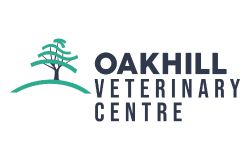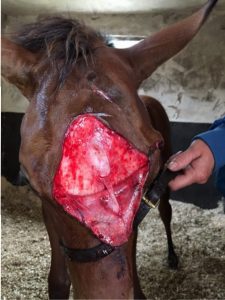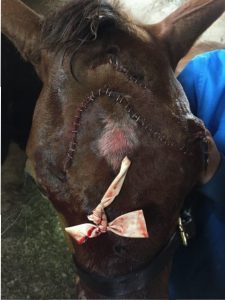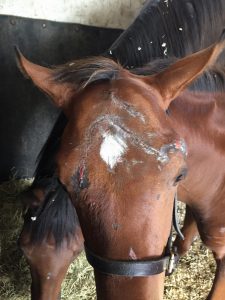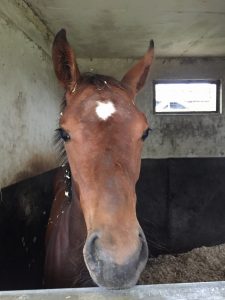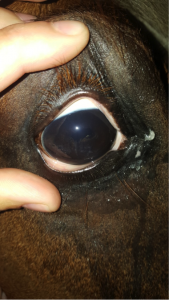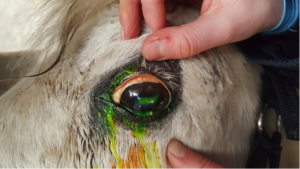Horses like humans have a temperature range with which they don’t have to expend energy to lose or gain body heat. This range is 5-25 degrees celsius. Horses have adapted to maintain their body temperature within this range and specifically when temperatures are below 5 degrees, these adaptations include:
[checklist icon=”fa-arrow-circle-right” iconcolor=”#39aa87″ circle=”yes”]
- A thicker and longer winter coat.
- Natural coat oils which repel water from the outer layers of the coat meaning the layers close to the body are dry and warm.
- The digestive system generates heat as roughage is broken down.
- Blood is diverted from extremities to preserve the temperature of central organs (hence sometimes horses have cold ears).
- Muscles can erect hairs to trap air and provide insulation.
- Gaining fat in the summer to provide winter insulation.
[/checklist]
When we feel cold horses might not due to the adaptations mentioned above. In addition, temperatures in the morning or evening (when we usually see to our horses and decide on their daily costume), are currently 7 degrees different to the midday temperature.
It is thought that the natural change in weight of a horse/pony in winter and summer allows for a resetting of hormone levels. They utilise fat reserves built up during the summer to maintain their body heat during the Winter. When horses do not follow this pattern, they are thought to then become more at risk of laminitis the following year and we are certainly seeing an increase in horses and ponies diagnosed with metabolic disorders such as EMS.
Over-rugging can not only lead to difficulty in managing the weight of your horse or pony with risks of metabolic disorders and laminitis but can also lead to the horse overheating. When horses over heat they divert blood to the skin surface so that they can lose body heat by sweating. A moist and warm environment can increase the risk of bacterial skin infections, rug rubs and can also lead to colic.
We can’t ignore that rugs are needed by elderly horses that are underweight and don’t have those body reserves to burn, finer horses and to an extent horses that are stabled, that aren’t creating as much body heat from moving. However, the decision to rug your horse should be made based on the body condition of the horse or pony in question. If your horse or pony is overweight then clipping and rugging in a lightweight to keep it water proof could be the aid to weight control. Also considering the daily temperature range would alleviate your horse over-heating in the middle of the day.
| Temperature | Stabled/Clipped | Stabled/Unclipped | Turned out/Unclipped | Turned out/Clipped |
|---|---|---|---|---|
| 15 degrees and warmer | Zero fill | Nothing | Nothing | Nothing |
| 10-15 degrees | Light weight (100g) or zero fill | Nothing or zero fill | Nothing | Nothing or light weight (100g) or zero fill if wet and windy |
| 5-10 degrees | Medium weight (250g) | Light weight (150g) | Nothing or light weight (100g) | Light weight (150g) plus neck cover |
| Zero to 4 degrees | Heavy weight (300g) | Medium weight (200g) | Nothing or light/medium weight (150-250g) | Medium weight (200g) with neck cover |
| -10 to zero degrees | Heavy weight (300-400g) with neck cover | Medium weight (200-300g) with linear | Light or medium weight (150-300g) with neck cover | Heavy weight (300-400g) with neck cover plus liner |
| -10 degrees or colder | Heavy weight (300-500g) with neck cover plus liner | Medium or heavy weight (300-400g) with neck cover | Heavy weight (300-500g) plus neck cover | Heavy weight (300-500g) plus liner and/or under blanket and hood. |
Image source: Blue Cross
